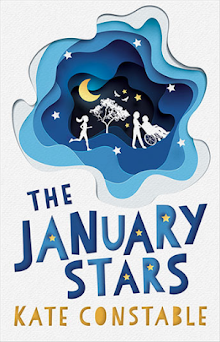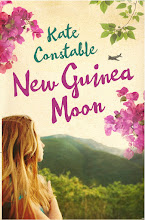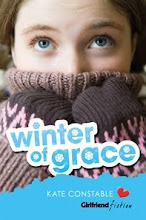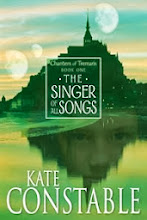The latest installment of the First Knowledges series, Law: The Way of the Ancestors, is co-written by Langton and Aaron Corn, and it lays out in basic, approachable terms the foundations of traditional (and continuing) First Nations law. Obviously in a slim volume like this, the reader can be given only a simple understanding of an extremely complex body of knowledge, but Langton and Corn succeed in explaining some simple concepts and illustrating them clearly, often with the use of graphics and traditional design. Their explanation of Michael Nelson Jagamarra's beautiful mosaic in the forecourt of Parliament House, Possum and Wallaby Dreaming, is a particular delight.
The tracks of Possum and Wallaby slowly and humbly approach the meeting place, a great white-hot fire, around which radiate the ceremonial colours, each of which is associated with a different Warlpiri group, each of whom in turn is responsible for a particular group of ceremonies and ritual, all interdependent on the others. There are more layers of meaning and relationship which are too complex to repeat here and which leave me breathless with wonder and awe at the intricate web of story and tradition which bind communities together.
The emphasis throughout is on the maintenance of balance and stability, never allowing one individual or group to become more powerful or dominant over the rest. Patterns of familial responsibility and marriage ties ensure that everyone has a deep stake in the preservation of land and lore. It's a system that worked brilliantly for over 60,000 years, yet was flexible enough to allow for adaptation and innovation -- until the catastrophe of invasion.
The First Knowledges series is such a fantastic introduction to First Nations ideas and practices, and I'm thrilled to see that the series, originally intended to comprise six volumes, has been extended to include further titles on Innovation, Medicine and Seasons. I can't wait to read them.
























